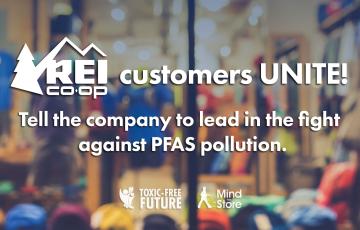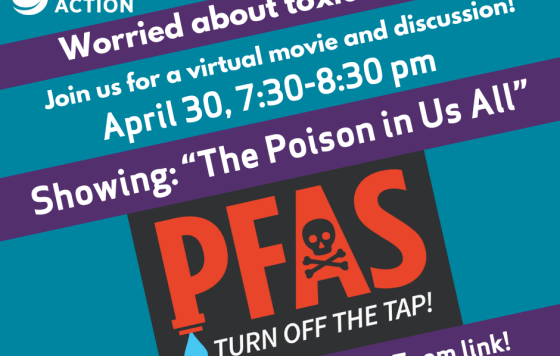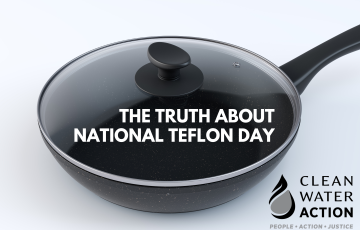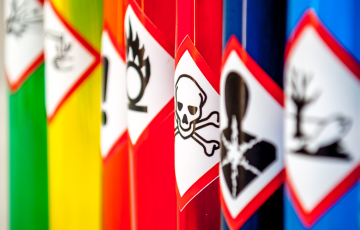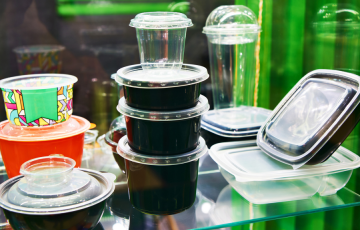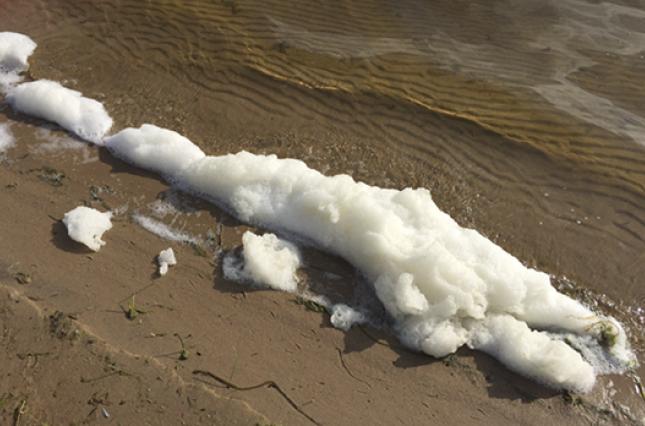

- PFAS Chemicals: Protecting Our Drinking Water and Our Health
- Shopper's Guide To Avoiding PFAS
- PFAS Glossary
- Elevated PFAS in Your Water: Steps You Can Take to Protect Yourself
- PFAS: The Forever Chemicals - Infographic
- 10 Ways You Can Take Action On PFAS
- EPA: PFAS Analytic Tools
- Clean Water Comments on EPA Proposed Drinking Water Regulations for PFAS Chemicals, May 2023
action
Tell REI: Phase PFAS Out of its Products!
The outdoor gear industry has a toxic secret. Many popular outdoor brands use toxic PFAS to waterproof products from jackets to boots. The production, use, and disposal of these products pollute people and the planet. We need to convince REI, one of the top outdoor retailers, to stop selling PFAS polluting products. Add your voice today.
event
PFAS Movie Screening and Discussion feat. “The Poison In Us All”
April 30, 2024 | Virtual
Join Clean Water Action for a virtual showing of “The Poison In Us All” followed by a discussion of pending PFAS policy in Massachusetts and ways to get involved
blog
A New Way to Celebrate National Teflon Day
April 5, 2024 | By Andria Ventura
Did you know that April 6th is National Teflon Day? That’s right, it’s a day to celebrate a product that is severely toxic to humans and has helped contaminate the planet! But the industry wants you to think that is a good thing. Clean Water Action is celebrating National Teflon Day a different way in California.
action
Preventing PFAS Pollution in California: Take Action on SB 903!
We need your help to pass innovative legislation that identifies sources of PFAS into California's environment and restricts their use at the source. Act now!
action
Keep Toxic Plastic Out of Our Homes in California: Act Now
California, with its huge market, can go big on plastics by getting rid of these unneeded and harmful materials in our packaging now. Help us pass AB 1290 (L. Rivas), The Problematic Plastics Act!
blog
"No one warns you when you become a parent how much you worry" — Breastfeeding Decisions In An Age Of Toxic Chemicals
February 26, 2024 | By Avonna Starck
"What if my kids get sick and what if it’s because I breastfed them or took in too many chemicals while pregnant? What if I could have done more?"
